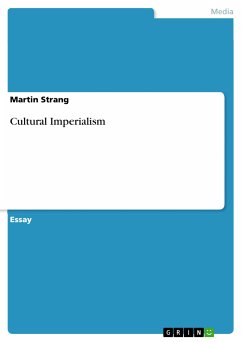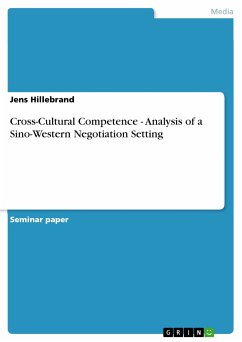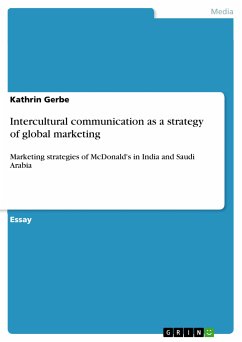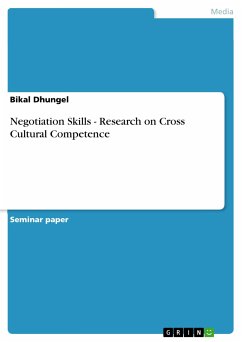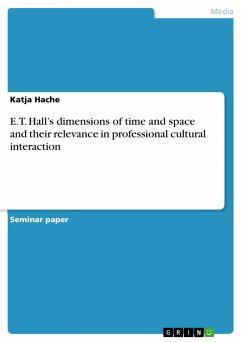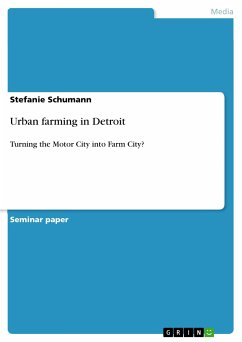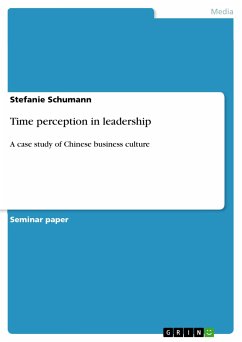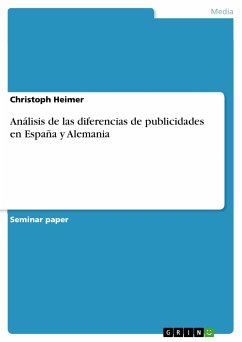Essay from the year 2004 in the subject Communications - Intercultural Communication, grade: High Distinction, Macquarie University (Centre for International Communication), course: Cross-cultural communication, language: English, abstract: The relationships between Phuong, Alden Pyle and Thomas Fowler in “The Quiet American” might be observed in terms of cultural imperialism (Alden Pyle seems to want to change Phuong and Vietnam). What cultural and social factors seem to influence the attitudes, behaviour and reactions of each character? Could they be read as models for the cultural traits, outlooks and expectations of Americans, British and Vietnamese people? This essay shall answer the above questions by analysing the following points: Firstly, the definitions of cultural imperialism are examined. Secondly, the question of whether culture is a natural phenomenon or constructed by humans is discussed. Thirdly, the phenomenon of believing in cultural superiority (by particular cultures) is analysed. In further parts, strategies of suppressed cultures to avoid their annihilation are described and the question of whether specific types (as the movie’s characters) can be representative for their cultures is answered. Finally, in the conclusion of this paper the results are summarised and discussed. Many definitions of cultural imperialism exist. The term is difficult to describe due to its reference to the two other abstract concepts of “culture” and “imperialism”. Tomlinson (1991, p. 2) sees cultural imperialism as a critical discourse which represents another (non Western) culture in dominant Western cultural terms. Tomlinson identifies four ways to discuss cultural imperialism: Cultural imperialism can be discussed as media imperialism, as a discourse of nationality, as a critique of global capitalism or, finally, as a critique of modernity itself (Tomlinson, 1991, p. 19–28). For Kottak (1999, p. 234) cultural imperialism describes the spread of a particular culture at the expense of other cultures. In his definition, Kottak not only focuses on media effects but includes explicitly economic and political forces. Thus, Kottak’s definition includes all types of effects which advance one culture. Sreberny-Mohammadi (1997, p. 50) criticises the term “cultural imperialism” because it reduces “culture” to the products of the culture industries and – often described also as “media imperialism” – only focuses on the impact of modern media or multinational corporations. All theoretical problems related to this term shall not be discussed here but it is obvious that cultural imperialism has different meanings in different (academic and non academic) discourses.
Bitte wählen Sie Ihr Anliegen aus.
Rechnungen
Retourenschein anfordern
Bestellstatus
Storno

